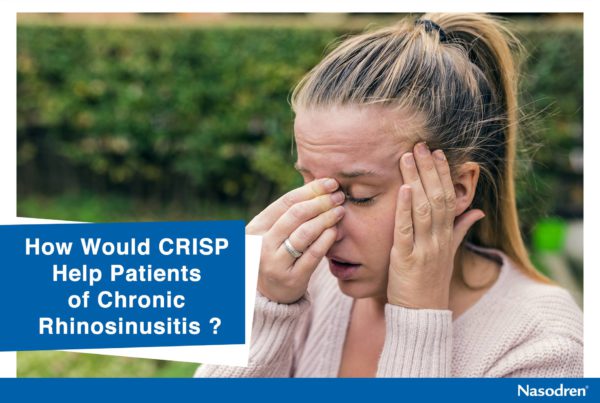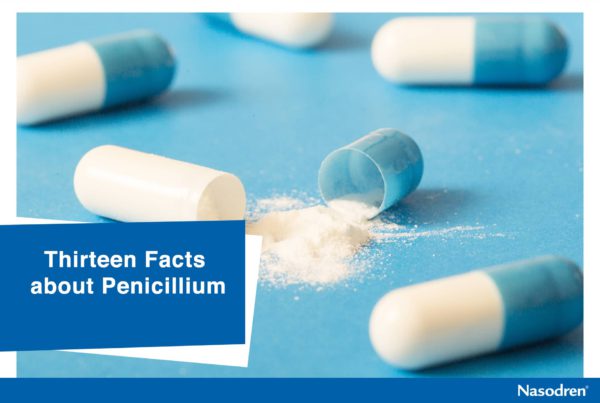2 new sinus cures
Recently, two advanced sinus cures have been unveiled: Propel implant and Microbiome analysis for CRS treatment. So, sinusitis patients have more choices.
Propel mometasone furoate implant
The U.S. Food and Drug Administration (FDA) gave Premarket Approval (PMA) for Propel mometasone furoate to Intersect ENT, Inc. in August 2011. The self-absorbing implant is used for sinusitis treatment. The implant enables controlled localized delivery of drug in patients suffering from chronic sinusitis. The implant, inserted after endoscopic sinus surgery, delivers the steroid directly into the sinus tissue. The temporary implant opens the sinus and slowly releases a corticosteroid into the sinus membrane.
Propel is developed for the patients of 18 years or older and who have undergone an ethmoid sinus surgery. The implant stabilizes the middle turbinate, separates tissues of the mucosa and minimizes edema after the surgery. The flexible implant adjusts itself to the space created during the operation. The synthetic material implant can neither be reused nor reprocessed. The human body absorbs the implant within 4 to 6 weeks after the installation. Active ingredient of the implant is mometasone furoate, a steroid that reduces inflammation.
The implant should not be used for
- the patients having confirmed or suspected mometasone furoate intolerance and
- the patients who are hypersensitive to caprolactone, glycolide or lactide copolymers.
Microbiome analysis may reveal factors responsible for CRS
The composition of human microbiome (microbe communities) plays an important role in several diseases, including obesity and asthma. Based on this fact, a hypothesis was developed. The hypothesis states that the nasal microbiome is associated with chronic rhinosinusitis (CRS). A team of the scientists from the University of California (UC) San Fransico (U.S.) and Fudan University (Shanghai, China) conducted experiments on animals and analyzed the microbiomes in 2012. The study involved ten (10) healthy people and ten (10) people suffering from CRS.
The study showed that
- The nasal microbiome of the CRS patients was depleted. The bacteria diversity in the microbiome was substantially lower. The patients’ microbiome was rich in Corynebacterium spp., whereas healthy bacteria were less. Corynebacterium may lead to sinusitis symptoms.
- The microbiome replete with lactic acid protects against the infections.
- The composition of microbiome thus may reveal cause of CRS and indicate suitable sinus cures.






